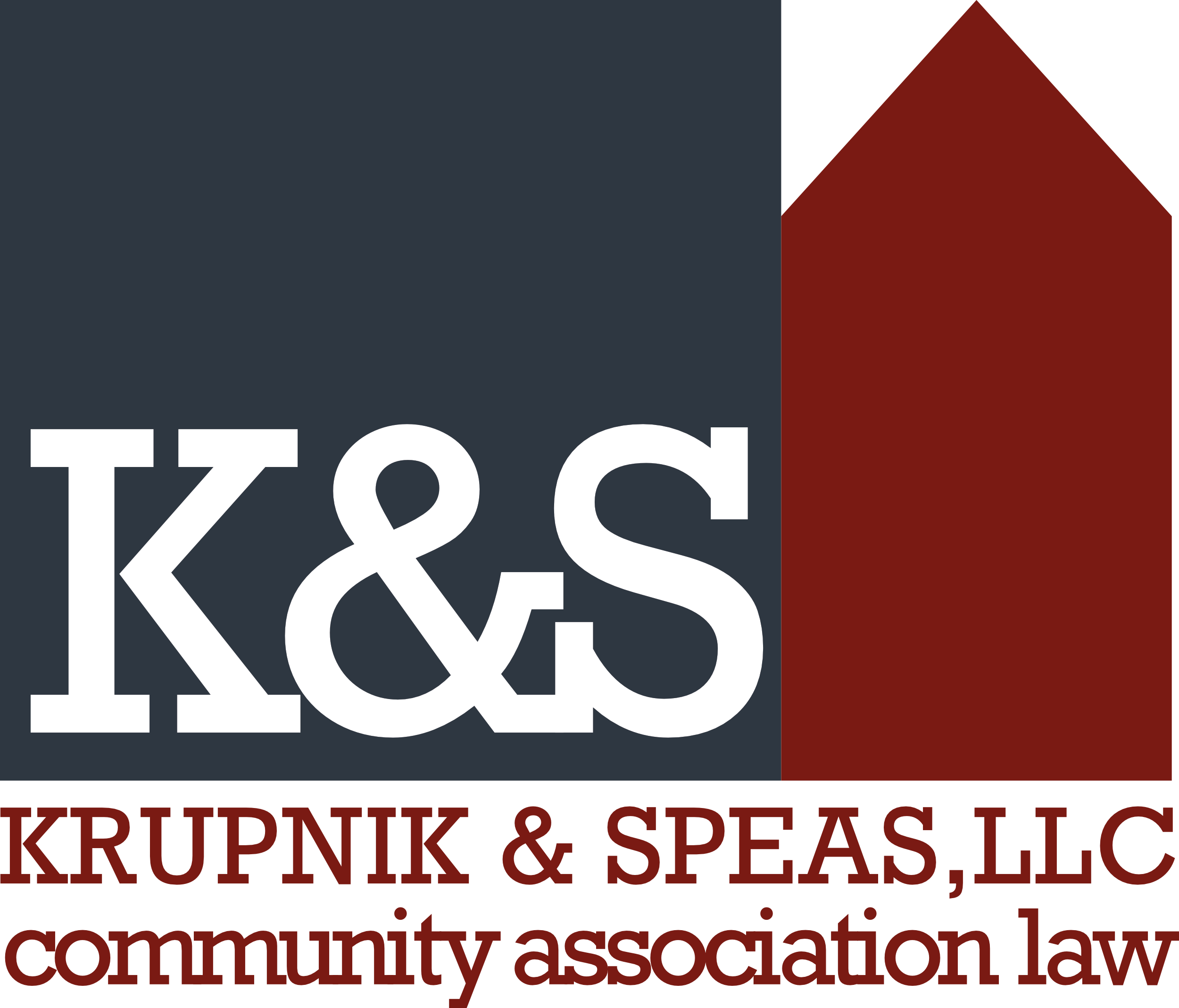All associations are governed by the federal Fair Housing Act and the New Mexico Human Rights Act. The association needs to be aware of the following requirements based on these laws:
1. Discrimination – Under the Fair Housing Act, the association cannot discriminate in the use of its facilities (or in the treatment of individuals in its community) based on race, religion, national origin, familial status, or handicap.
2. The New Mexico Human Rights Act expands the categories of discrimination to state that the association cannot discriminate in the provision of facilities or services in relation to the sale, rental, assignment, lease or sublease of any housing accommodation because of race, religion, color, national origin, ancestry, sex, sexual orientation, gender identity, spousal affiliation or physical or mental handicap, provided that the physical or mental handicap is unrelated to a person’s ability to acquire or rent and maintain particular real property or housing accommodation.
(A) To discriminate on the basis of familial status means to discriminate against people with children under the age of 18 residing in their home.
(B) Age-restricted communities that meet the legal requirements (set forth in an earlier chapter) are exempt from the law that prohibits discrimination based on familial status. In other words, those associations can prevent children under the age of 18 from living in the community. However, age-restricted communities still cannot discriminate on any of the other bases set forth above.
3. The association must also allow reasonable accommodations for persons with disabilities. Such accommodation must be allowed even if the accommodation would otherwise violate the provisions of the association’s governing documents.
(A) For example, the association may be required to allow an assisted-living care home in their community even though businesses in general are not allowed.
(B) Additionally, the association may be required to allow a seeing-eye dog or another assist dog in a community that otherwise does not allow dogs.
